End of the Line: Ford Ranger Production Ends Today
Today, the very last North American spec Ford Ranger pickup rolls off the Twin Cities assembly line, marking the end of the era for the once-popular compact pickup.
Like the Ford Crown Victoria earlier this year, the venerable Ranger has become one of Ford’s longest running models, having originally made its debut back in 1982 as an ’83 model. Yet like the Crown Vic, the Ranger has perhaps become a victim of several factors, including a lack of change, minimal marketing, shifting consumer tastes and ever more stringent safety and emissions standards.
Born in an era where compact pickup trucks were one of the fastest growing automotive segments in the US, the Ranger replaced the Mazda sourced Courier and proved hugely popular, consistently ranking among the top of the pack in terms of sales. It was extensively revamped for the 1993 model year and gained a Mazda counterpart in the shape of an enlarged B-Series for 1994. With both four-cylinder and V6 power, manual or automatic transmissions and two or four-wheel drive, the tough, attractively priced little Ranger and its twin proved shrewd buys for much of the 1990s. Yet despite an increasingly lack of change (save for mild facelifts), sales continued to grow during the decade, peaking in 1999 at some 348,358 units.
However, since then demand for Ford’s compact pickup and small trucks in general has been shrinking, rapidly. From 6 percent of the market back in 2000, small pickups represented just 2 percent of all North American vehicle sales last year, by which time the B-Series had been dropped and Ford was shifting less than 60,000 Rangers annually.
Nonetheless, despite prosaic technology and almost a complete lack of promotion, those numbers aren’t bad, especially considering that in terms of price and fuel economy, a 2011 Ranger didn’t differ that much from an entry-level F-150.
Both dealers and customers say that the strategy to discontinue the Ranger and push remaining buyers towards the F-150 isn’t a particularly good one; especially as updated small trucks are being planned by Ford’s rivals, notably GM with its new Chevy Colorado and possible Jeep and Scion.
Like the Crown Vic, which essentially owned the fleet market, Ford’s decision to drop the Ranger will likely give a chance for competitors to make serious in roads in a segment that was dominated by the Blue Oval for years.
Not only that but with fuel economy and financial belt tightening on the radar for many Americans, the concept of an affordable, practical, cheap to maintain gas sipper (in terms of the real cost of motoring, the four-cylinder, five-speed Ranger remains one of the most economical vehicles on the road) is today, more relevant than ever.
More by Huw Evans



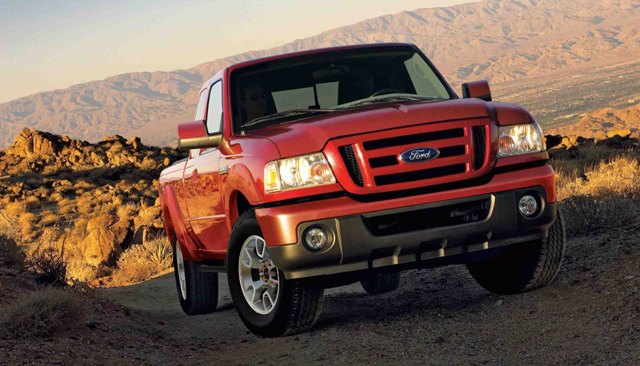
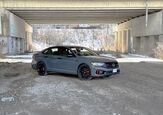



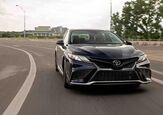






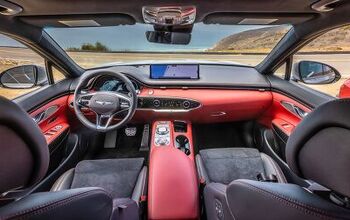
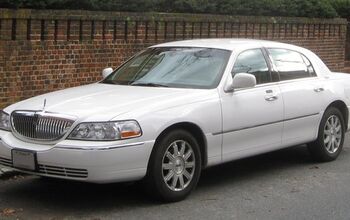
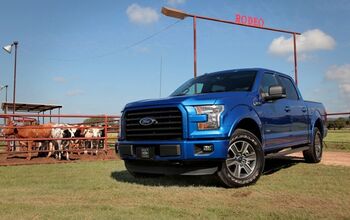
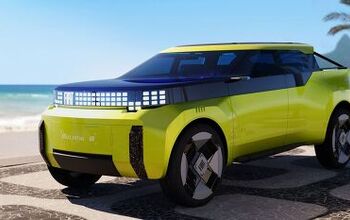
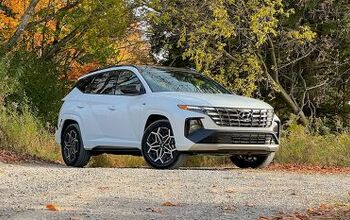

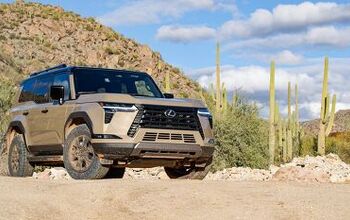
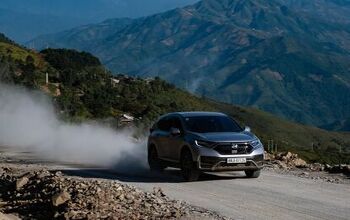
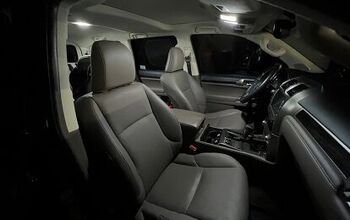
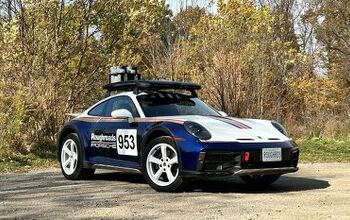
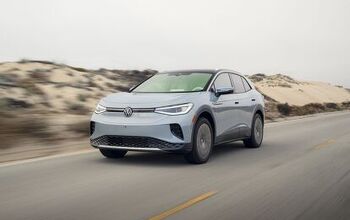
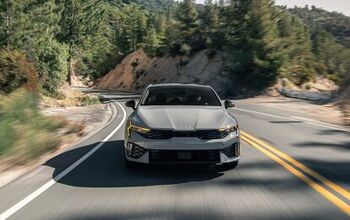
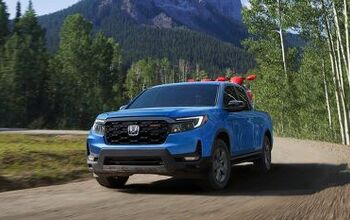
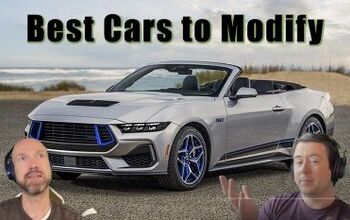
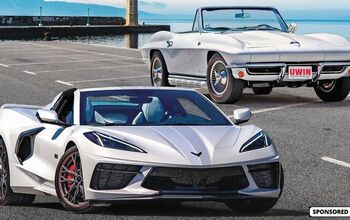


Comments
Join the conversation
Ford CEO should be fired for this
Best truck I've ever owned, 2002 Ranger XLT still runs great and looks new!